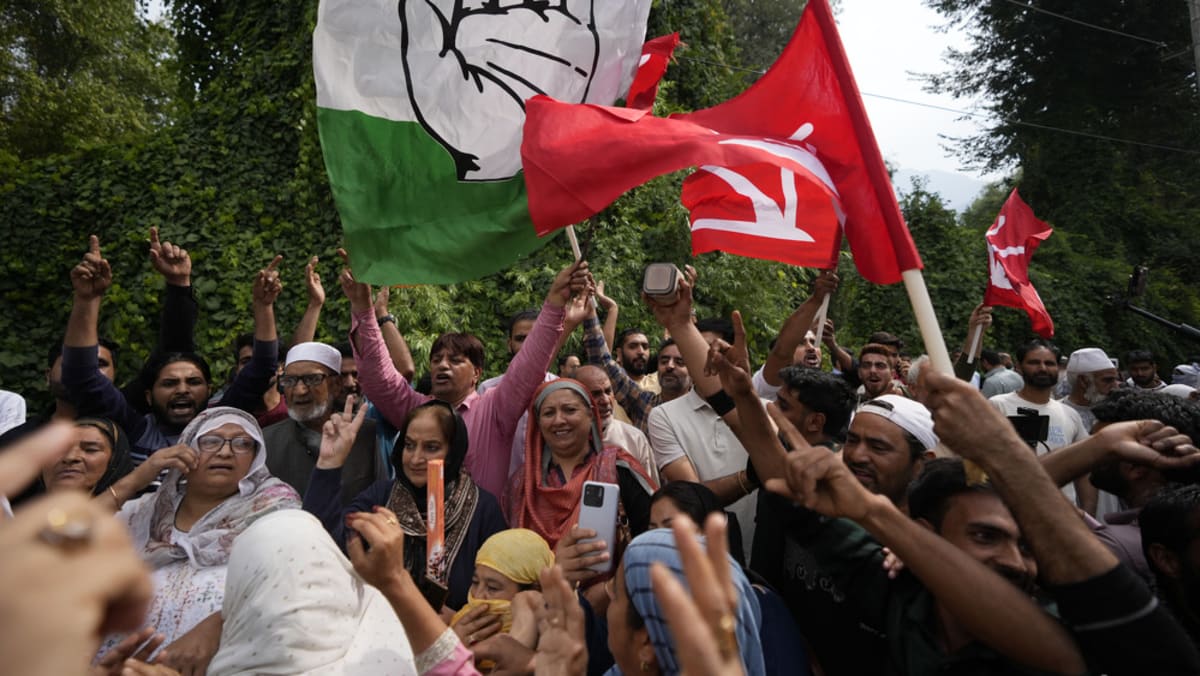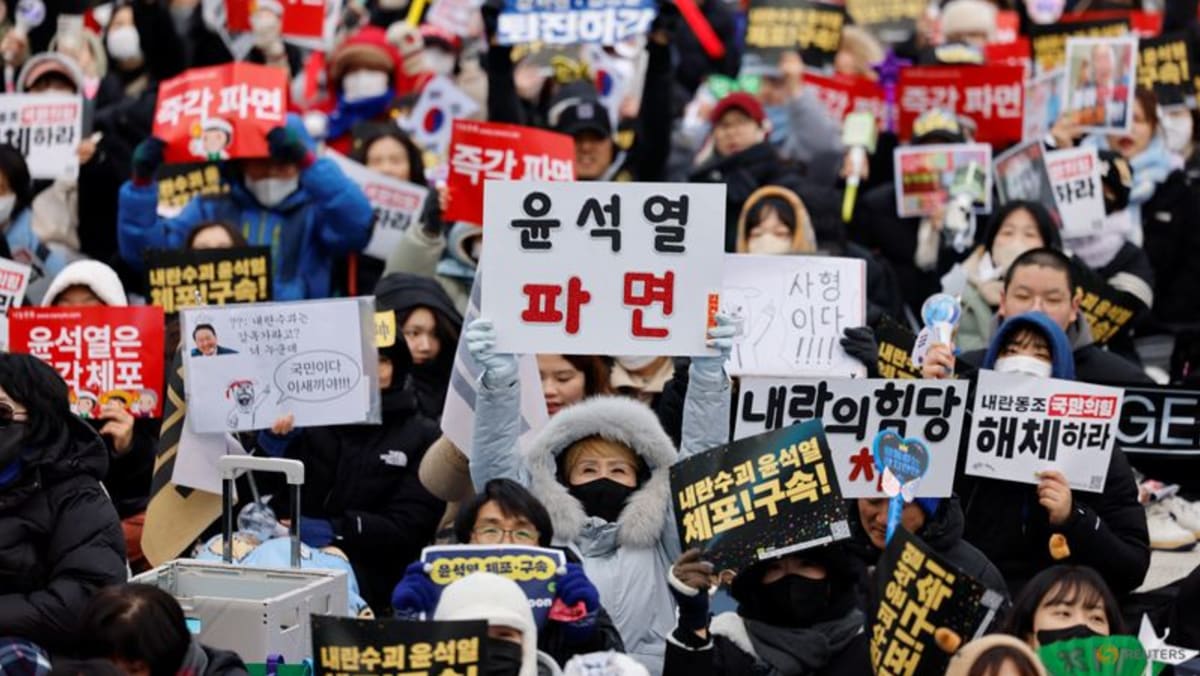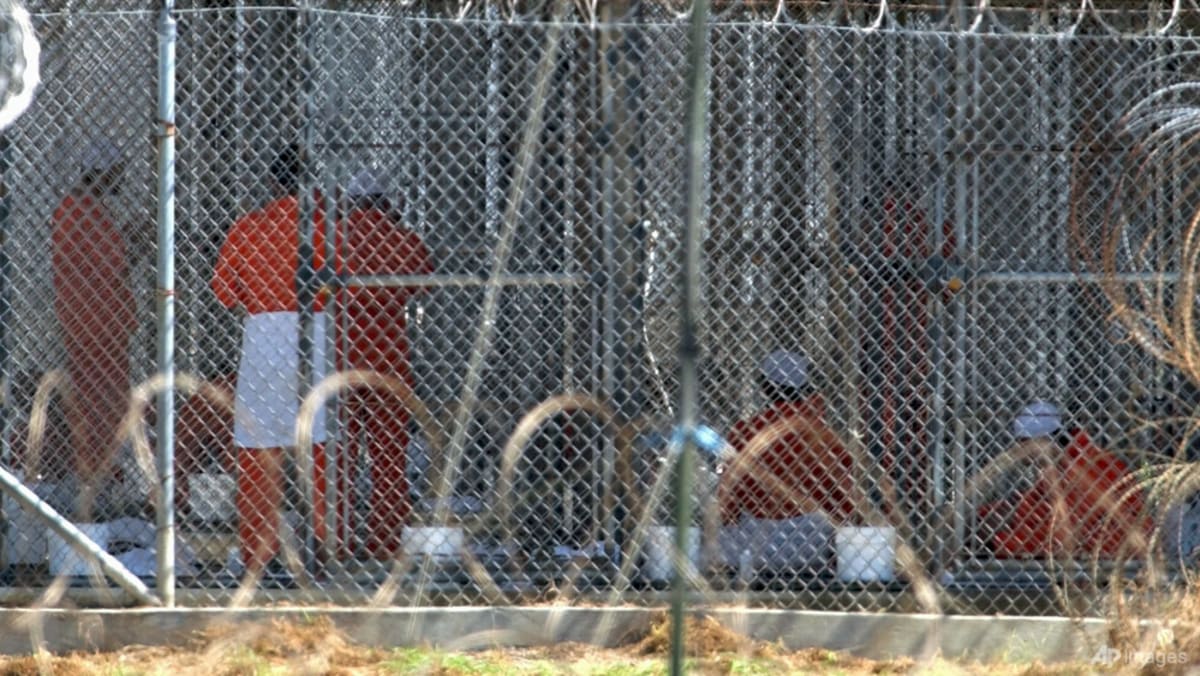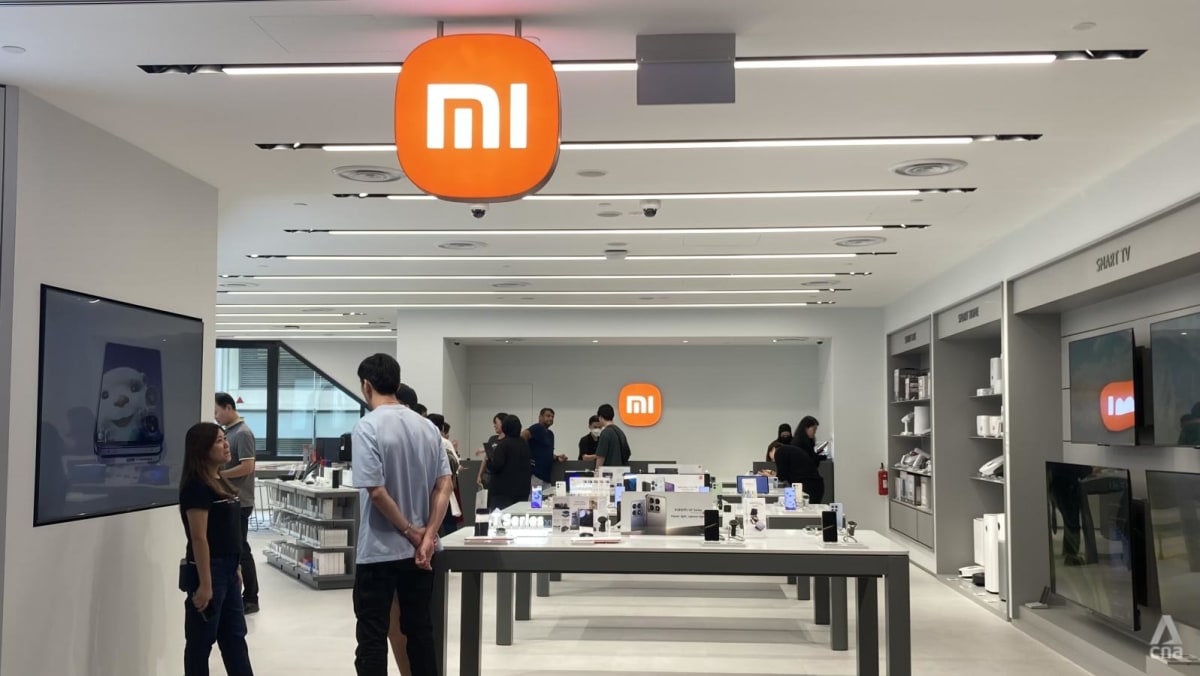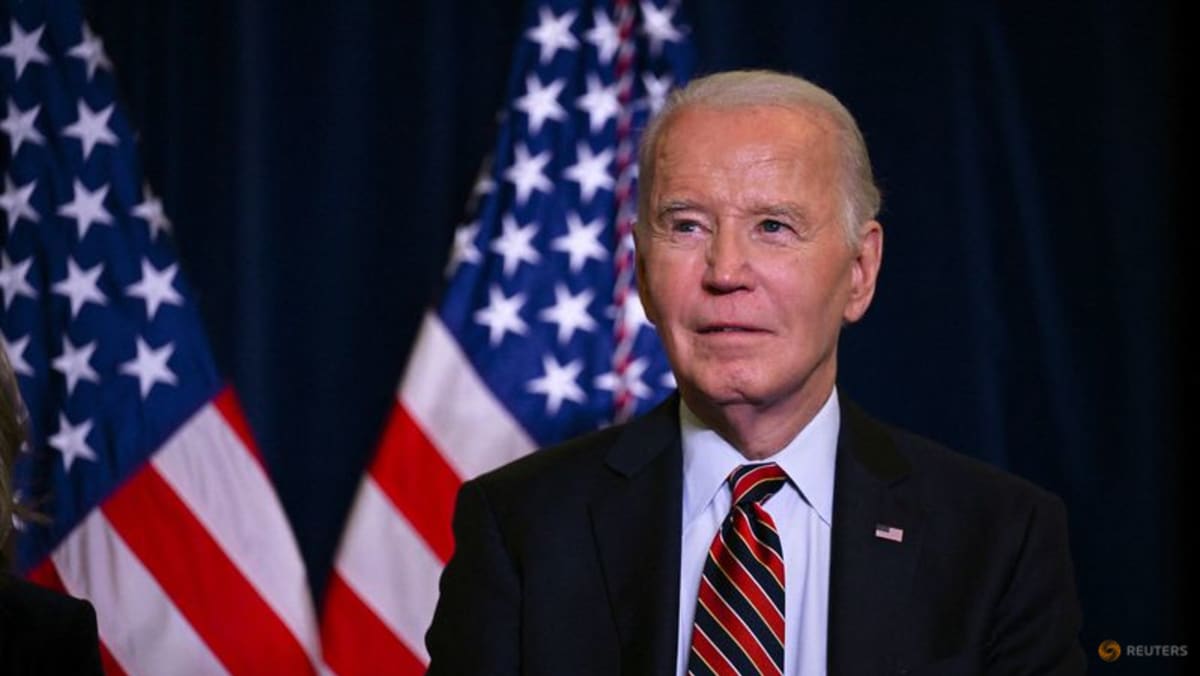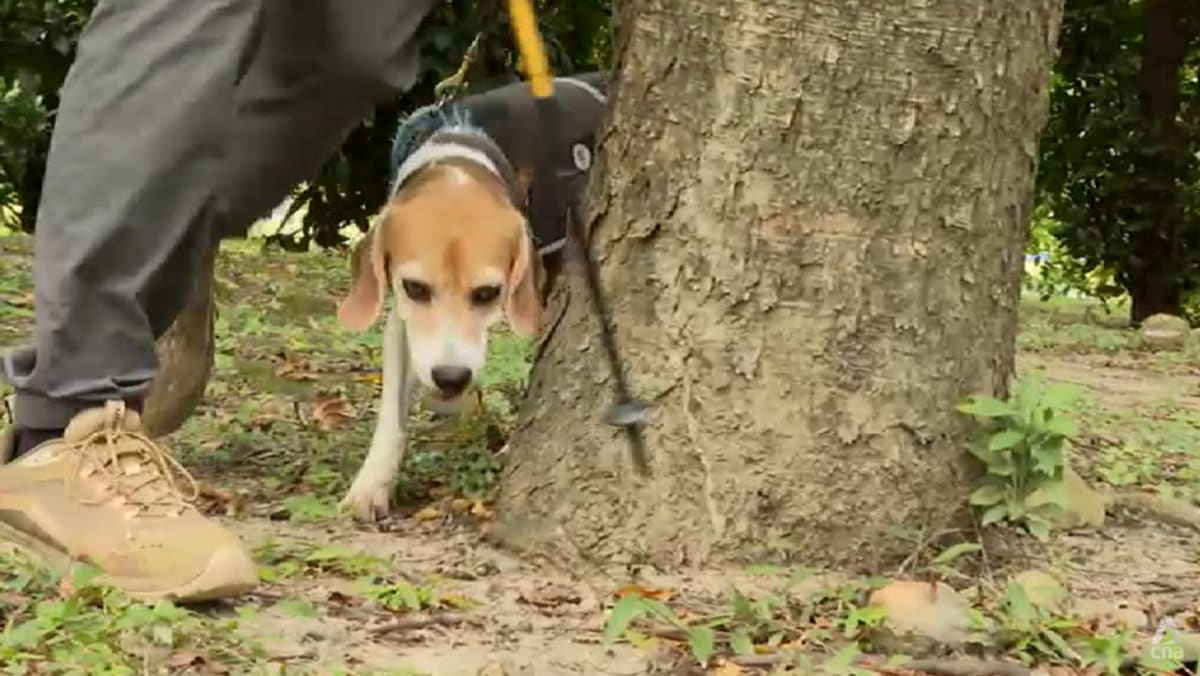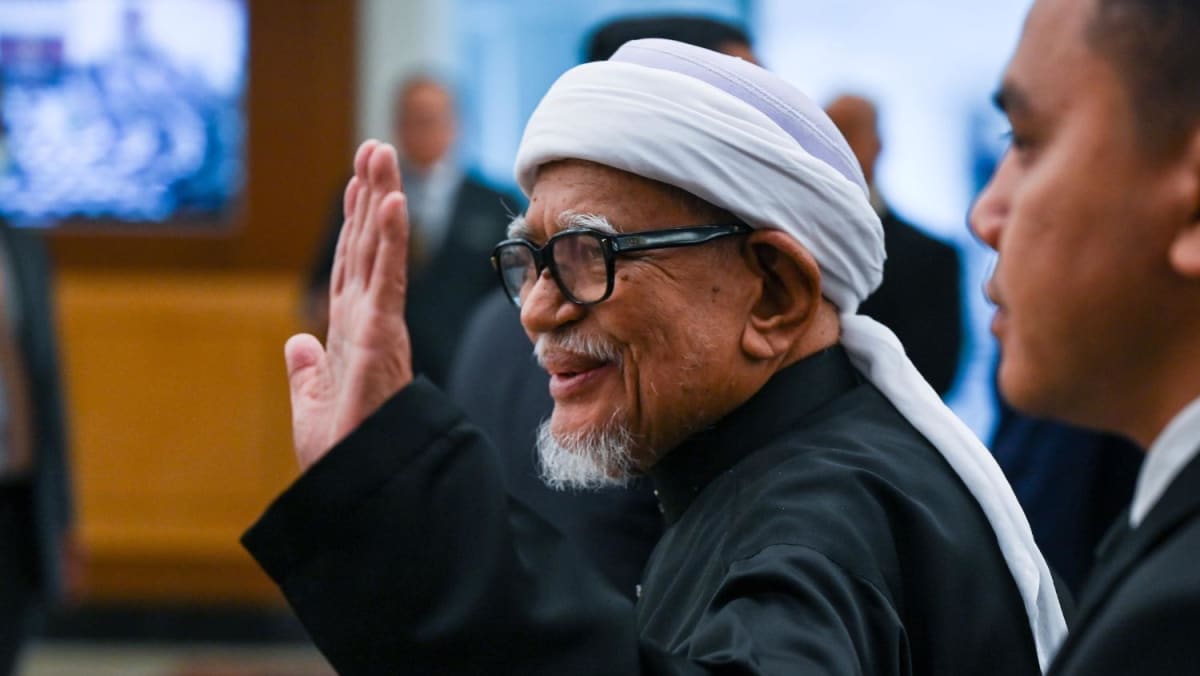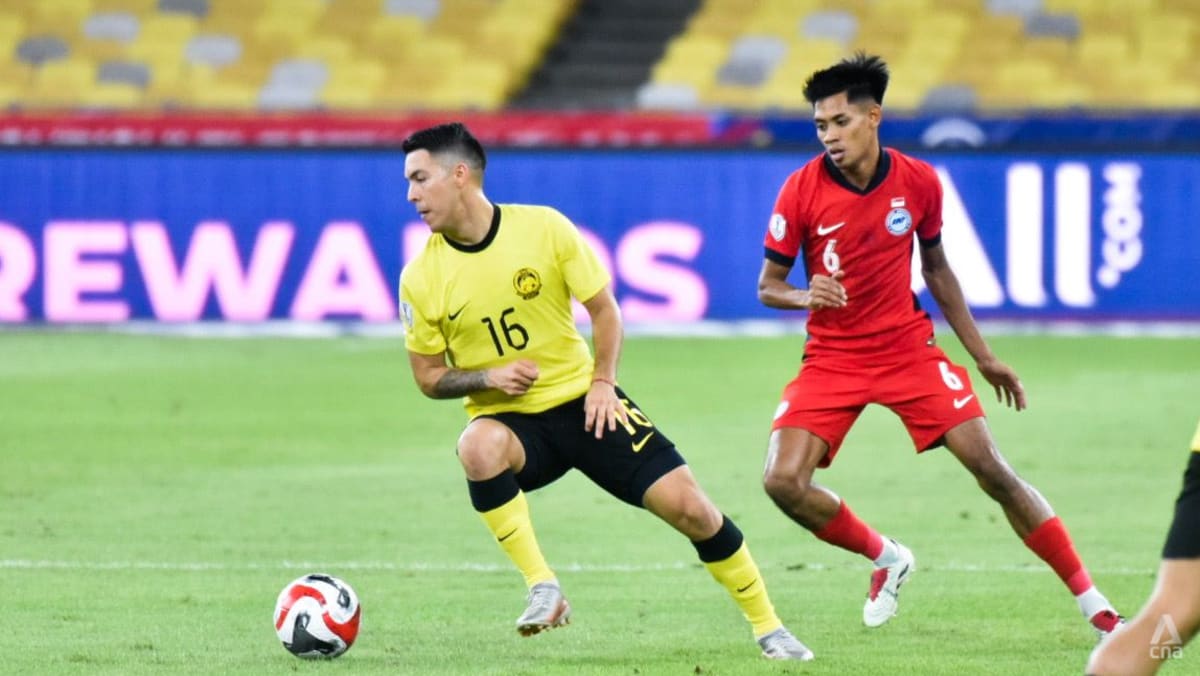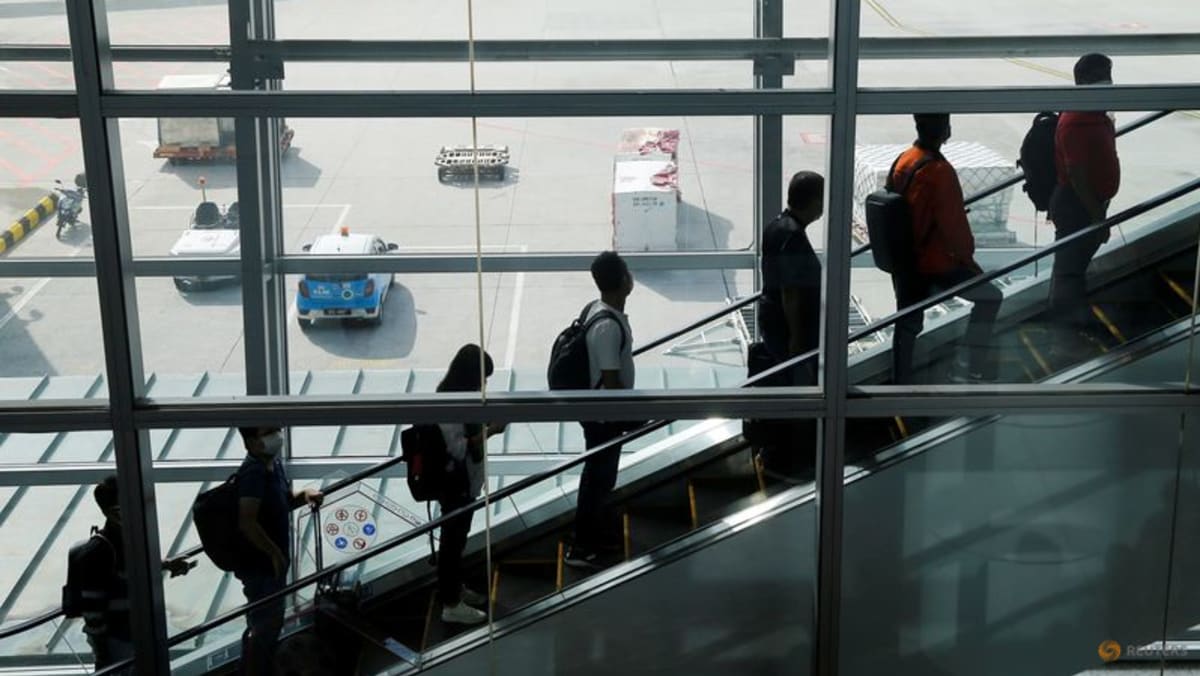In reality, however, the result won’t undo the revocation of Article 370. The new local assembly will have the power to make and amend laws, debate local issues and approve decisions for the territory, particularly in education and culture. But Abdullah will still need to seek the federally appointed lieutenant governor’s approval on any major decisions.
Even if many Kashmiris would like to prevent the BJP from extending its reach into the region, the party still maintains some control from New Delhi.
The BJP expanded the lieutenant governor’s powers over public order and policing. The lieutenant governor also has control over the regional anti-corruption bureau and the Directorate of Public Prosecutions.
These powers were heavily criticised by the opposition parties in the region.
FUTURE OF DEMOCRACY?
In recent years, Indian security forces have cracked down on the news media, social media and other forms of communication throughout the region, particularly any forms of Kashmiri solidarity with Palestine.
Human rights advocates say abuses and repression continue in the region, and the climate of fear has had a detrimental impact on Kashmiri life.
Statehood remains one of the biggest grievances for Kashmiri residents. Abdullah said himself that “restoration of full, undiluted statehood for [Jammu and Kashmir] is a prerequisite for these elections”.
Only time will tell if these demands can be addressed, but there is hope a new local government might begin to change the bleak situation in Kashmir.
There is optimism the new government will go a long way towards restoring some level of autonomy in Kashmir, as long as it is not obstructed by the lieutenant governor’s new powers.
Leoni Connah is Lecturer in International Relations at Flinders University. This commentary first appeared on The Conversation.





